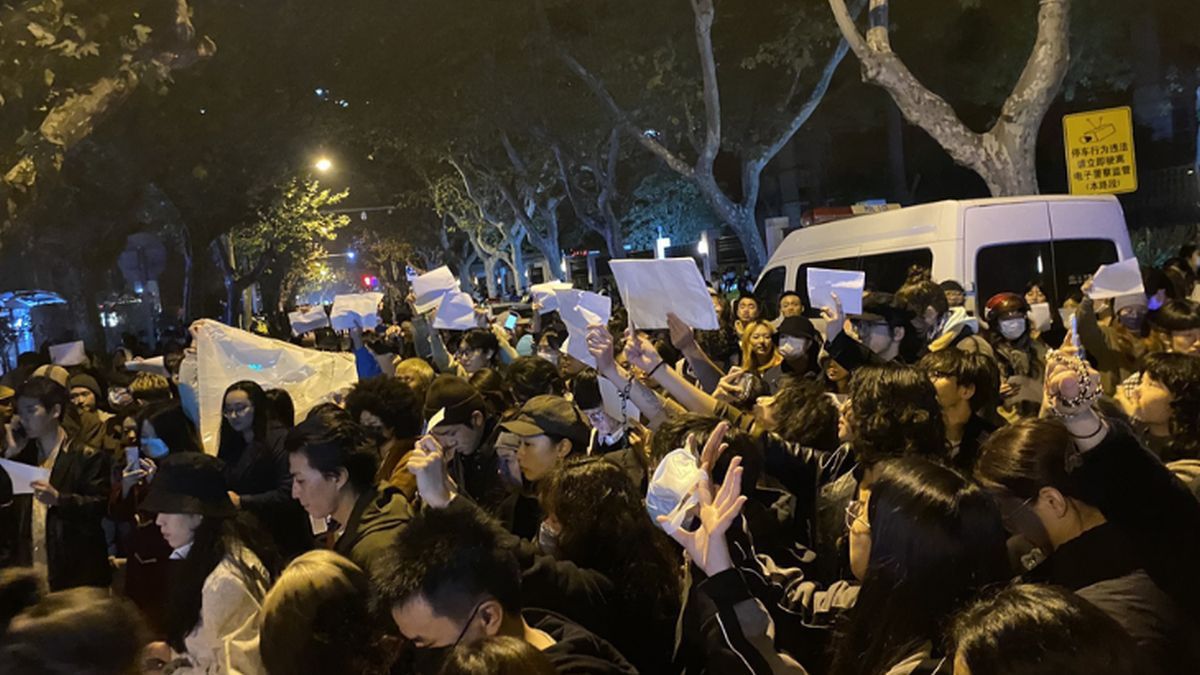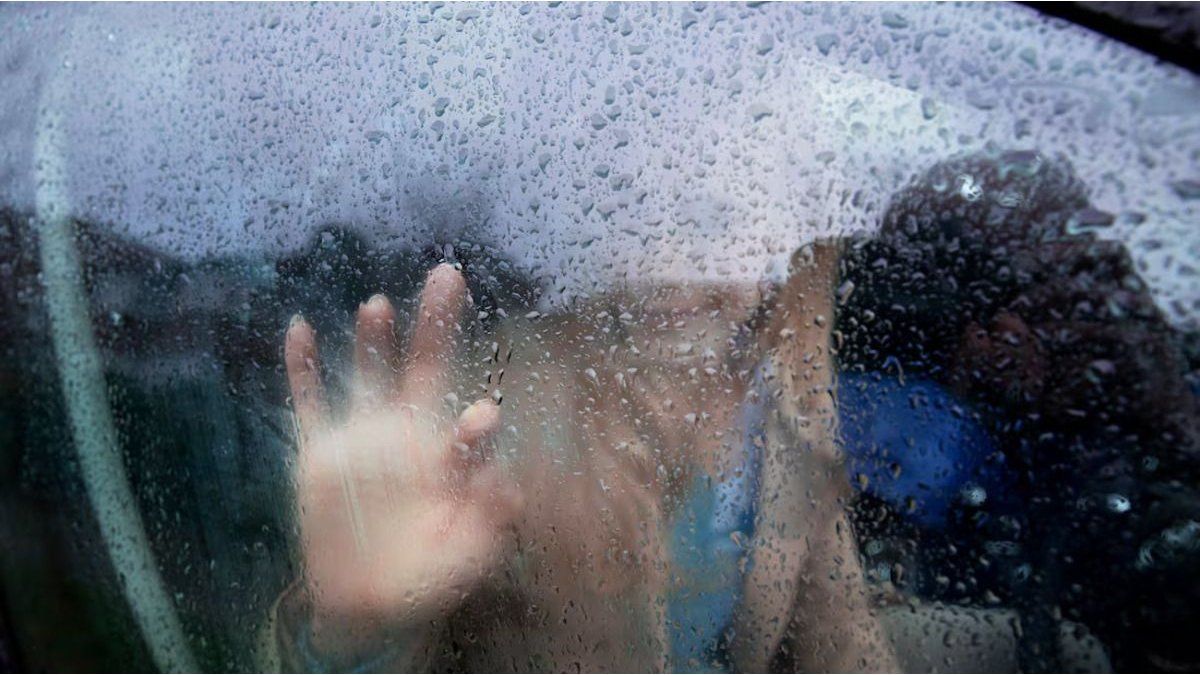The Chinese authorities face the largest movement of protest since the pro-democracy demonstrations of 1989, which were brutally repressed.
In this context of tension, Beijing awaits this Wednesday the visit of the President of the European Council Charles Michel, who is scheduled to meet with the Chinese president on Thursday Xi Jinping.
Meanwhile, the US Secretary of State, Antony Blinken, criticized the repression deployed in the Asian giant, which according to him is not “a sign of strength” but of “weakness”.
The highest security body China asked on tuesday “strong measures” after several days of protests in the main cities of the country against almost three years of strict confinements by the covid-19, in a context of public frustration with the Chinese political system.
Demonstrations broke out in the capital Beijing and other cities including Shanghai and Wuhan this weekend, catching China’s powerful security establishment off guard.
ssstwitter.com_1669845417699.mp4
Protests continue in China.
Clashes and arrests in Guangzhou
Despite the fact that the authorities tightened the siege to prevent new concentrations, clashes between protesters and the police in Canton were recorded on Tuesday night, according to witnesses and videos published on social networks and authenticated by AFP.
The pictures show Police officers dressed in white full-protection suits and equipped with riot shields, moving in single file down a street in Haizhu district.
Screams are heard in the videos, while orange and blue barricades are torn down.
The images also show the arrest of a dozen men who were taken away with their hands handcuffed.
an inhabitant of Canton surnamed Chen told AFP on Wednesday that he observed about 100 policemen in the village houjiao, in the Haizhu district, where at least three men were detained on Tuesday night.
Several districts in Guangzhou lifted the restrictions in some confined areas on Wednesday afternoon, authorities announced.
University students in the city said they were forced to leave their dormitories Tuesday night or faced being quarantined, according to social media posts.
Following protests on university campuses last weekend, an increasing number of universities have declared the early start of the holidays, forcing students to return home.
The negative consequences of restrictions
The trigger for this national mobilization was the fire of a building of apartments in Urumqi, capital of the northwestern region of Xinjiang, in which 10 people were killed.
On social networks, Internet users said that the help was slow to arrive due to the sanitary restrictions, which the authorities denied.
But the protests have also taken a political turn, and some protesters call for the resignation of President Xi Jinping.
In Beijing and Shanghai, the strong police presence discouraged any attempt to demonstrate. But on Monday and Tuesday sporadic rallies were held.
At the oldest university in the semi-autonomous territory of southern Hong Kong, a dozen people led a crowd with chants of “give me freedom or give me death!”
“We are not foreign forces, we are Chinese citizens. China must allow different voices to be heard,” declared one protester.
In Hangzhou, 170 kilometers southwest of Shanghai, Small demonstrations took place on Monday night, despite a police presence.
A witness said “about 200” police and law enforcement officers surrounded the protesters, before loading protesters into a van.
The tight control of information by the authorities and the health restrictions on travel within China make it difficult to assess the total number of protesters in the country.
But such a widespread uprising is raregiven the repression of any form of frontal opposition to the Chinese government.
Although Beijing maintains its strict health policy for the moment, in recent days there have been some signs of relaxation.
The authorities have also promised to speed up vaccination of the elderly. The insufficient vaccination rate in China, especially among the elderly, is one of the government’s arguments for maintaining its measures.
Source: Ambito
David William is a talented author who has made a name for himself in the world of writing. He is a professional author who writes on a wide range of topics, from general interest to opinion news. David is currently working as a writer at 24 hours worlds where he brings his unique perspective and in-depth research to his articles, making them both informative and engaging.




